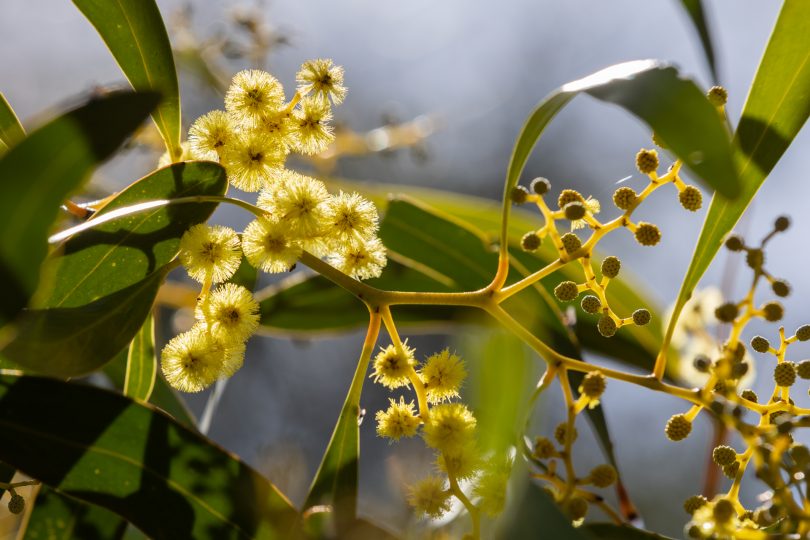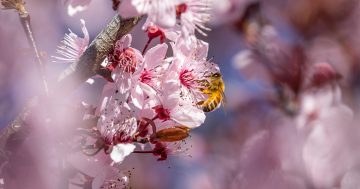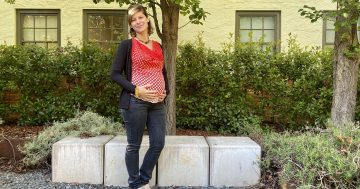
While nature may be beautiful, it’s not always good news for hay fever sufferers. Photo: Michelle Kroll.
As one bumper pollen season comes to an end, the region will slide smoothly – albeit with itchy eyes and sneezing – into the next.
However, renowned pollen expert Professor Simon Haberle wants to focus on what he thinks could be a silver lining for hay fever sufferers in the weeks ahead.
As the Territory emerges from the tree pollen season, it’s pretty much straight back into grass pollen season, and while wet soil and warm weather can mean worse hay fever, there’s also an advantage.
“Having lots of rain does actually lead to suppression of the pollen though. On a really rainy day, there will be less pollen in the air,” Simon explained.
He doesn’t sugar-coat it though, saying this year does look to be on par with last year, so while the pollen may be suppressed, if there isn’t any rain they are predicting high levels of pollen.
“It can be a bit of a cat-and-mouse game, unfortunately.”
Right now, grass pollen levels are still low, but they will start to rise over the next few weeks.
According to Simon, there’s also the potential in the upcoming few months for increased storm activity which doesn’t mix well with high levels of pollen.
While he doesn’t want to be the bearer of bad news, he thinks it’s important for people to be aware of the potential for events like the Melbourne storm a few years ago that led to a large number of severe asthma attacks, warning that it could also happen in Canberra.
“Over the next few months, you’ll see ACT Health put out warnings for thunderstorm asthma events when there is this combination of pollen and storms,” Simon explained.
“Most likely, this will kick off in late October and early November.”
Record levels of airborne allergenic tree pollen blanket Canberra this September – a double Pollen-ami bringing waves of wheezing and sneezing. – https://t.co/Xvk1c26AlX pic.twitter.com/vMQw59RhHF
— Canberra Pollen (@CanberraPollen) September 28, 2021
This year’s July to early October tree pollen season has been the worst recorded by Simon and his team.
It was actually 60 per cent bigger than any other previously recorded season.
During this tree pollen season, it’s introduced trees such as elms, birches, pines and cypress pines, poplars and others that produce pollen, which many people are allergic to.
Simon said this recent bumper season can be attributed to a warmer, wetter winter with strong plant growth and early spring.
Having monitored the daily pollen count for more than 10 years, has allowed Simon and his team to identify a worrying trend.
He’s pretty convinced, as are many of his colleagues, that this can be attributed to global climate change.
“The predictions for what will happen with climate change is that with greater levels of carbon dioxide in the air, you get greater production of pollen,” Simon explained.
“We’re beginning now, to see this start playing out.”
A study in Brisbane, which Simon has also been involved with, has led to similar conclusions.
From their 15 years of monitoring, they’ve recorded at least a doubling of the pollen counts and it’s partly been related to climate change effects, including increased levels of carbon dioxide.
“We want to keep monitoring so we can better understand the impacts of climate change on the air we breathe and the pollen count,” Simon added.
More information about pollen counts in the region, including weekly forecasts and past reports, can be found on the Canberra Pollen website.















